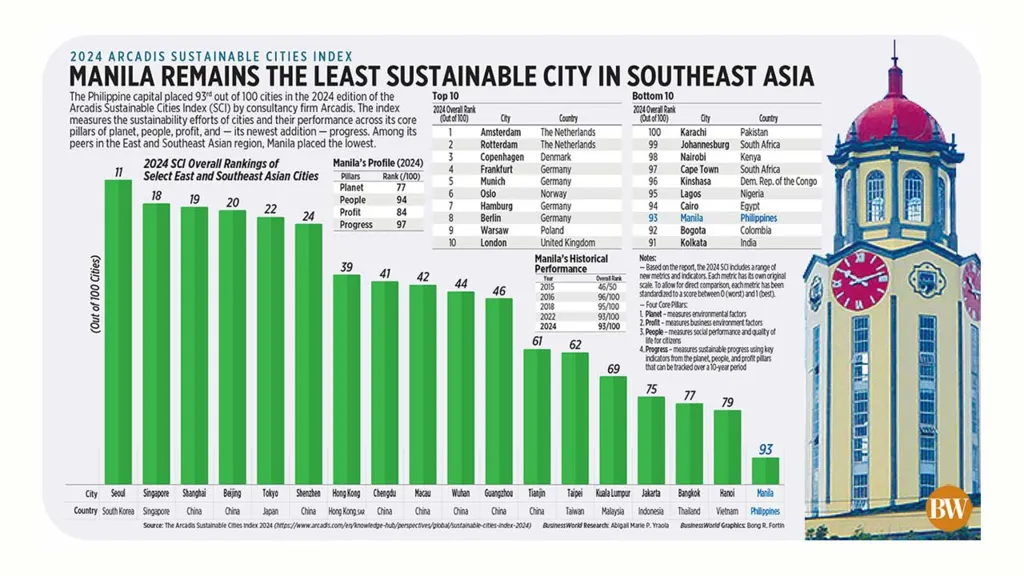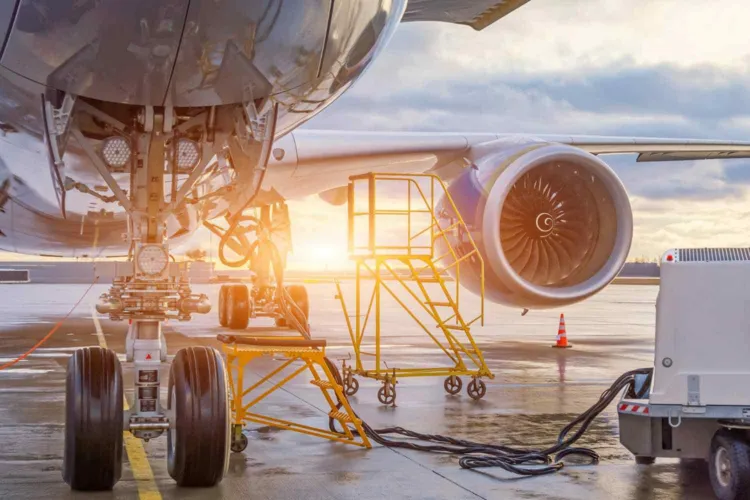The Southeast Asia Sustainability Market is growing fast, and its potential is massive. If fully realized, the green economy could unlock up to US$1 trillion in annual economic opportunity and create 30 million green jobs across the region by 2030. These numbers aren't just inspiring, but they also signal a transformation already underway. However, turning that opportunity into reality requires action. The region needs US$1.5 trillion in green investment by 2030. As of 2023, only US$45 billion had been invested. The gap is wide, but momentum is building. Let's dive deeper!
Southeast Asia Sustainability Market: Investment Is Growing, But Not Fast Enough
Green investment in Southeast Asia rose 20% year-on-year, hitting US$6.3 billion in 2023. Most of this growth is driven by renewable energy and green data centers. Still, that figure falls far short of what's needed to reach net zero goals. Governments and private sectors must act faster. Public policy, investor confidence, and clear sustainability goals will be key to closing the gap. With the right frameworks, the Southeast Asia Sustainability Market can be the region's most dynamic engine of inclusive growth.
Read Also: Southeast Asia Renewable Energy’s Untapped Power
Where the Money—and Impact—Will Be
Five sectors stand out as the biggest green growth drivers:
-
Solar Power
-
Sustainable Buildings
-
Eco-friendly Farming
-
Electric Vehicles (EVs)
-
Waste Management
Together, these sectors could generate US$150 billion in annual revenue by 2030 across six major Southeast Asian economies.
Solar power alone is expected to deliver US$20 billion annually and employ more than half of all renewable energy workers in the region by 2025. Meanwhile, the vehicle electrification market could be worth US$50 billion per year, as Indonesia, Malaysia, Singapore, and Thailand push forward with EV roadmaps and national incentives.
Read Also: Southeast Asia Energy Transition Heats Up: 2025 Outlook
ESG Is Now a Business Imperative
It’s not just about sectors—it’s about strategies. Eight out of ten Southeast Asian countries now have net zero targets, showing strong alignment with global climate goals. These policies are reshaping how companies plan, report, and grow.
ESG (Environmental, Social, and Governance) integration is gaining momentum—especially in Singapore and Malaysia. Strong government initiatives and investor pressure have pushed many businesses to adopt emission reduction goals, sustainable sourcing, and impact-driven reporting.
A major shift is also happening in regulations. For example, the Singapore Exchange (SGX) now requires companies to follow TCFD (Task Force on Climate-related Financial Disclosures) guidelines for climate-related reporting. This move signals a new era of accountability and transparency.
Challenges Remain in Southeast Asia Sustainability Market, But So Do Opportunities
Southeast Asia faces real challenges. Some countries lag in ESG data access, policy enforcement, and market readiness. The pace of adoption varies, with more support needed for small and medium enterprises (SMEs) to join the green economy.

But the direction is clear. As corporate responsibility becomes a market expectation, companies that lead on sustainability are not only reducing risk—they’re also gaining competitive advantage.
From cutting emissions to launching eco-friendly products and digitizing supply chains, businesses across the region are embedding sustainability into their core strategies. The Southeast Asia Sustainability Market is no longer niche—it’s the new mainstream.
The Road Ahead: Southeast Asia Sustainability Market
The path to US$1 trillion in annual green opportunity in the Southeast Asia Sustainability Market is filled with promise, but only if the public and private sectors work together. With rising investment, policy alignment, and consumer demand for ethical brands, Southeast Asia is at the threshold of a sustainability-led economic shift. The message is clear: Sustainability isn’t a trend. It’s a strategy for long-term value, resilience, and relevance in a fast-changing world.







